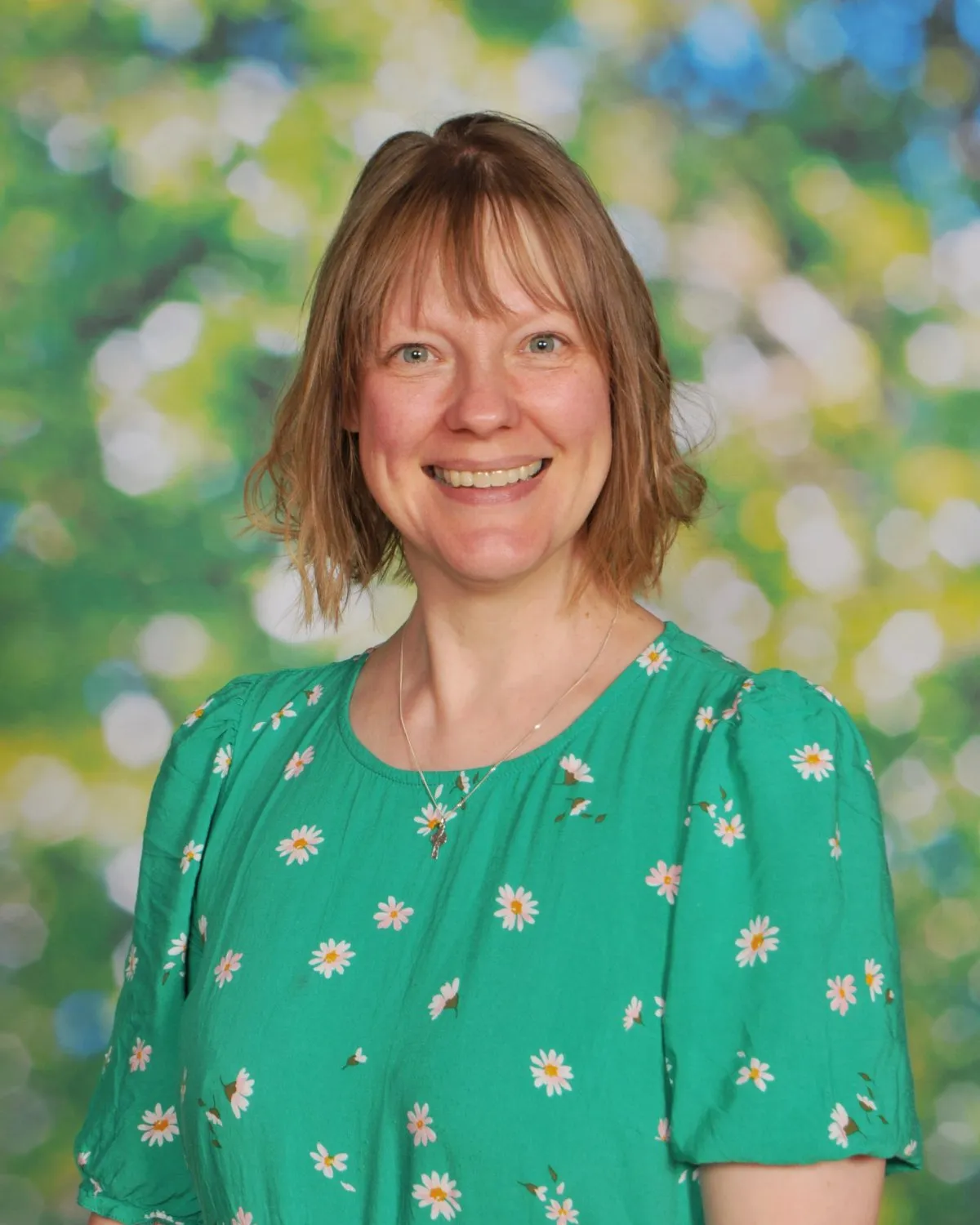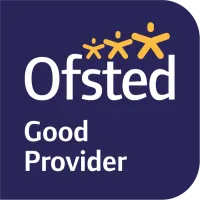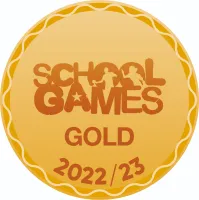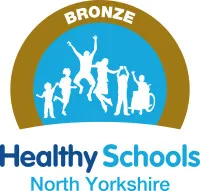History
History is the study of people and change over time
Vision for History
At Oatlands Junior School we encourage children to be curious about the past and equip pupils with the historical enquiry skills to: ask perceptive questions, think critically, weigh evidence, make connections over time and gain historical perspective by placing their growing knowledge into different contexts.
Long Term Plan
Key Vocabulary
History Subject Leader - Jane Stockton
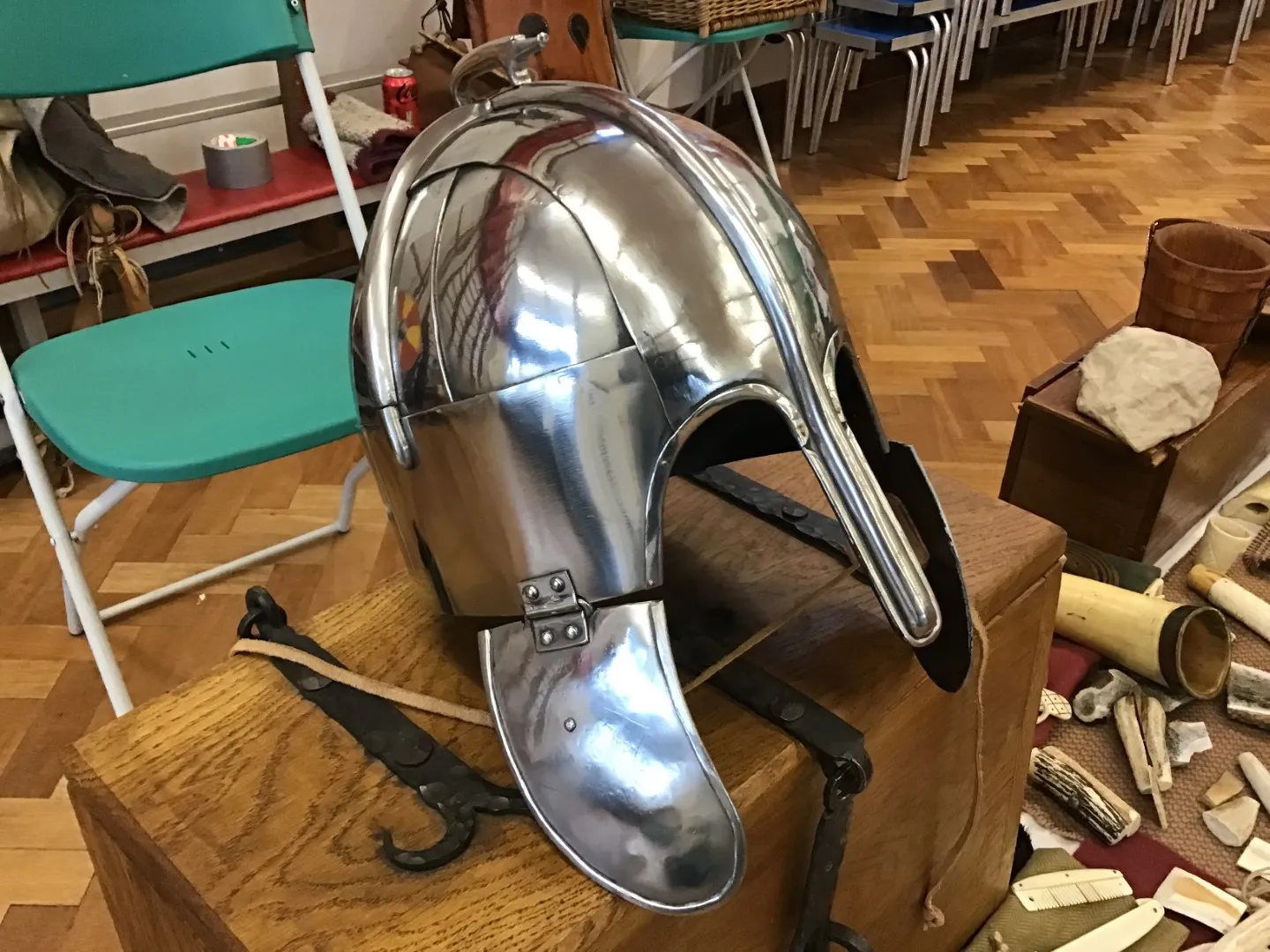
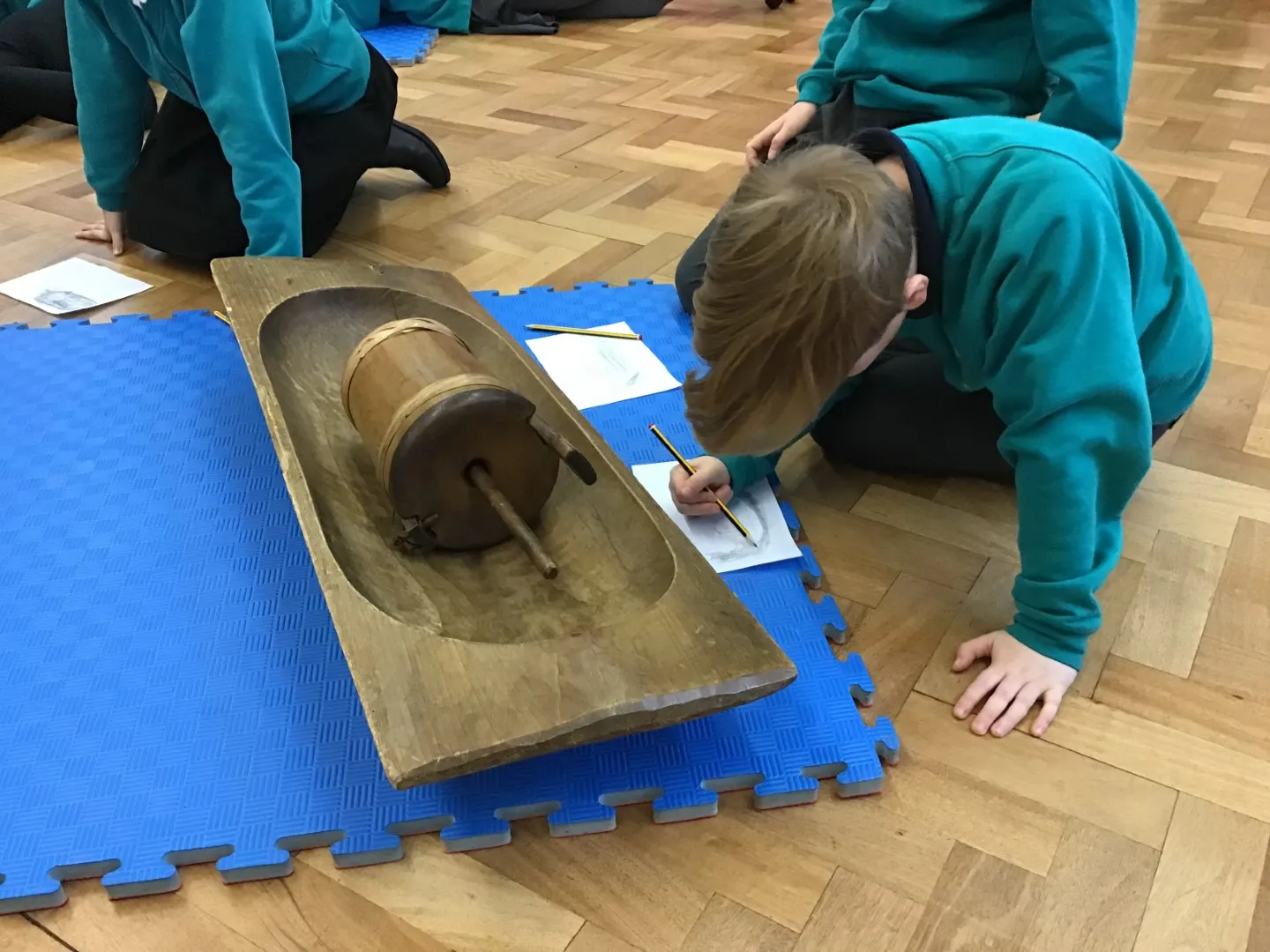
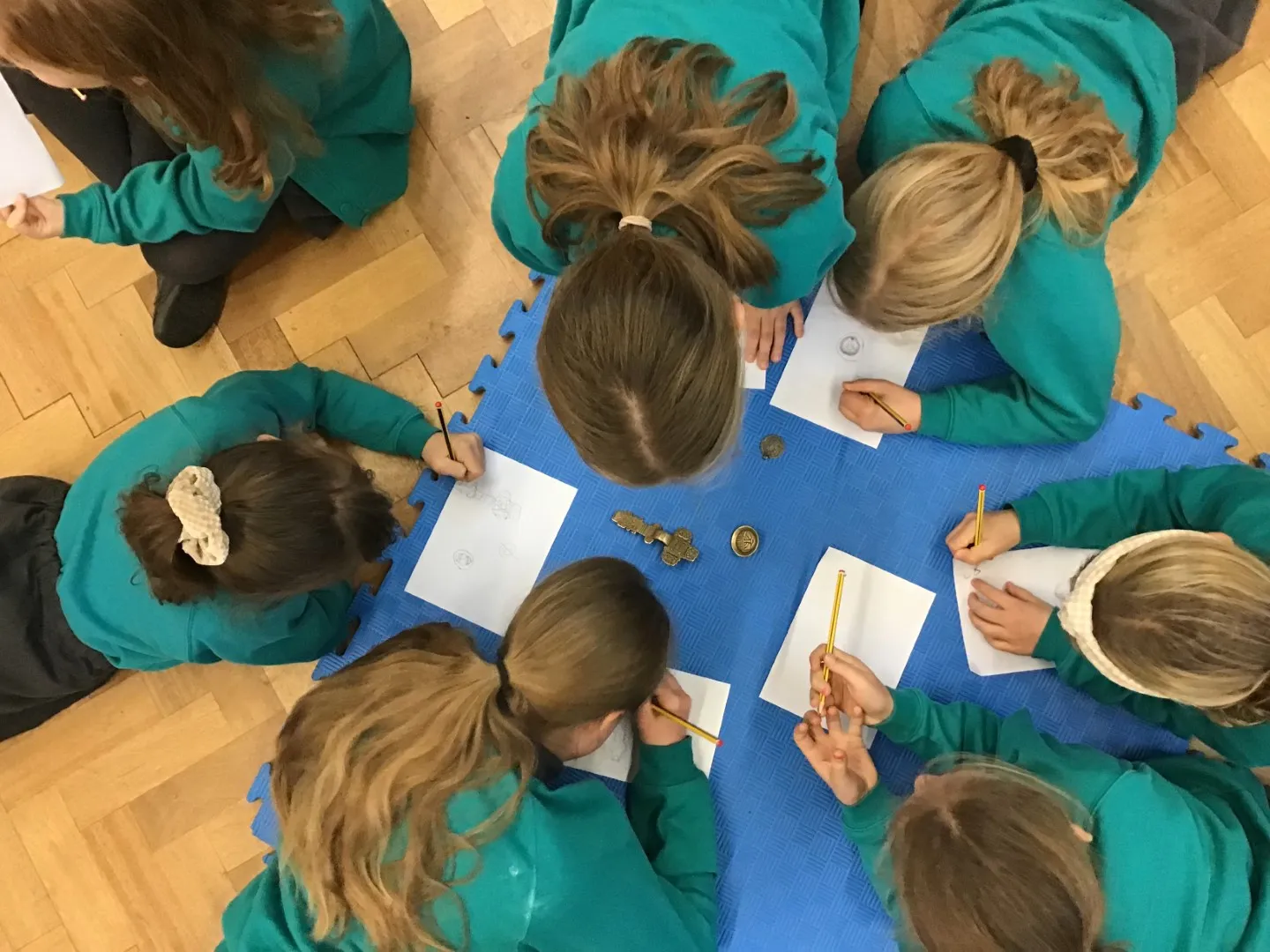
National Curriculum Aims
The national curriculum for History aims to ensure that all pupils:
- know and understand the history of these islands as a coherent, chronological narrative, from the earliest times to the present day: how people’s lives have shaped this nation and how Britain has influenced and been influenced by the wider world
- know and understand significant aspects of the history of the wider world: the nature of ancient civilisations; the expansion and dissolution of empires; characteristic features of past non-European societies; achievements and follies of mankind
- gain and deploy a historically grounded understanding of abstract terms such as ‘empire’, ‘civilisation’, ‘parliament’ and ‘peasantry’
- understand historical concepts such as continuity and change, cause and consequence, similarity, difference and significance, and use them to make connections, draw contrasts, analyse trends, frame historically-valid questions and create their own structured accounts, including written narratives and analyses
- understand the methods of historical enquiry, including how evidence is used rigorously to make historical claims, and discern how and why contrasting arguments and interpretations of the past have been constructed
How history is taught and what it looks like at Oatlands
At Oatlands we believe that the story of our British isles should be built on year by year, as such British history is taught in each year group. World history is important for making links to wider society so is juxtaposed to British history. In year 3 the Egyptians are contrasted with the British Iron Age to show that history does not develop at the same time across the world. In year 4 the Greeks are taught alongside the Romans to highlight the legacy of these great civilisations on our town of Harrogate. In year 5 the Saxons and Vikings are taught together to create long term chronological understanding. Year 6 learn about the impact of Islamic civilisation. It is important for OJS children to focus on inclusion within history especially just before they move out of primary and become more independent. This unit compares Islamic culture with Britain during the Saxon/Viking time period to show, like Y3, that this was in many ways far more advanced. The last Y6 topic will show change through time. All British historical time periods covered in KS2 will be touched/recapped with new knowledge for Crime and Punishment through time.
What your child will leave OJS knowing, understanding and appreciating in history!
At Oatlands we view historical skills as vital to interpreting modern life. Our aim is to make history at Oatlands as relevant and as accessible as possible to the children’s lives, making connection between our locality and the time we live in. Oatlands children are taught to develop a love for the subject and a desire to apply critical historical thinking skills to a range of texts and sources.

What pupils at OJS think about history
History is very much enjoyed at OJS with students across all year groups expressing positive views about the subject.
"I like history and the UG book - it's a good book" Year 3
"I love learning about all the interesting history from the past, it is my favourite subject." Year 4
"Discovering all about the past and the people who lived in that time is interesting. I love digging deep and discovering the facts." Year 5
"At OJS we learn about lots of different times and places around the world, I like this." Year 6
"It's interesting to find out about real and fictional characters. I liked learning about Robin Hood." Year 6
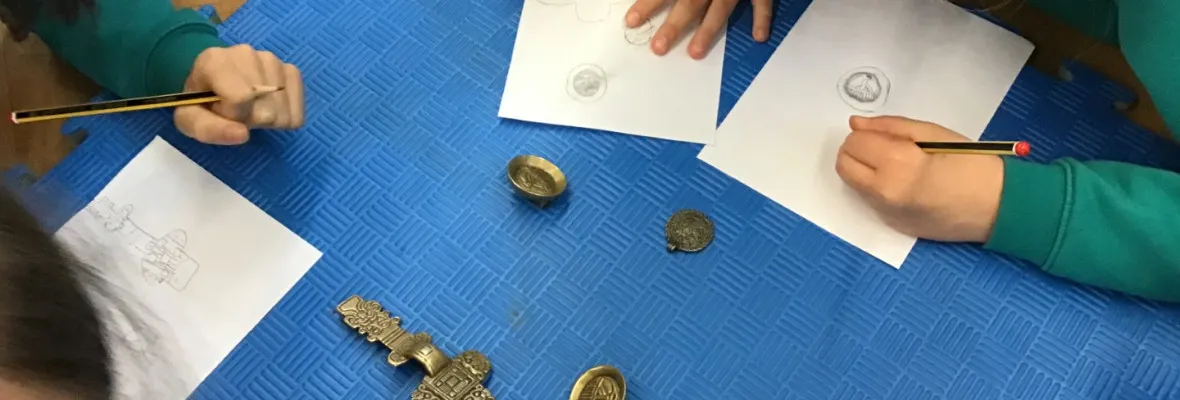
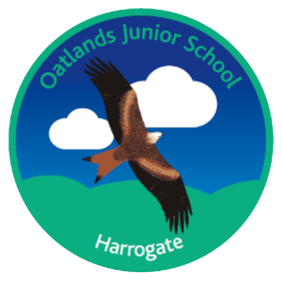
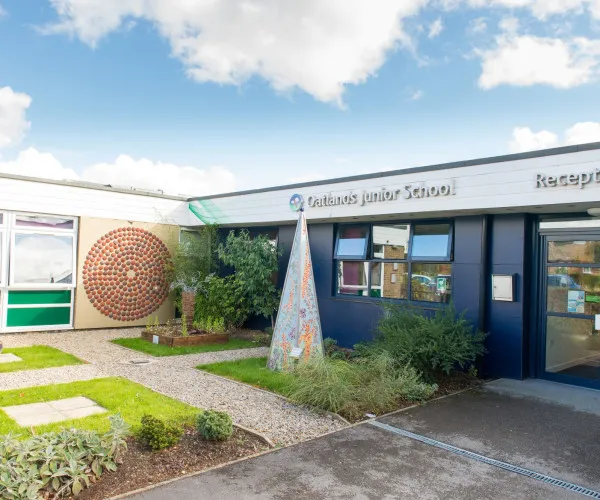
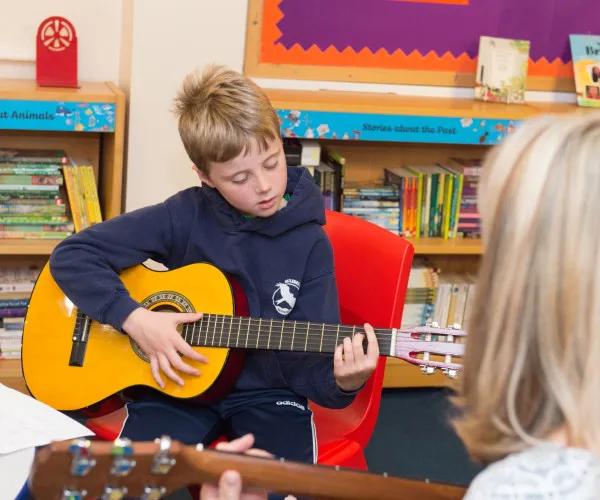
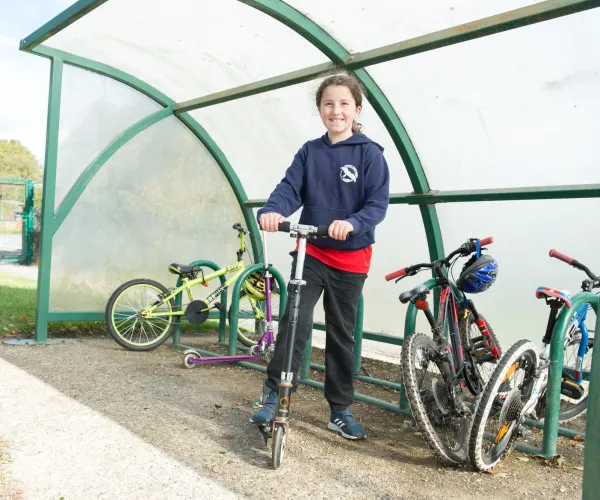
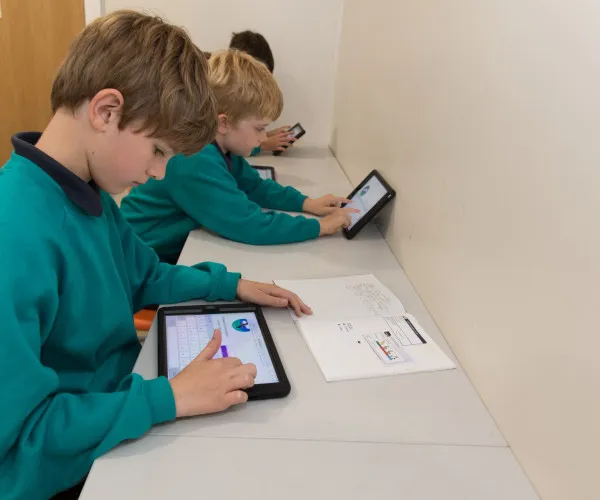
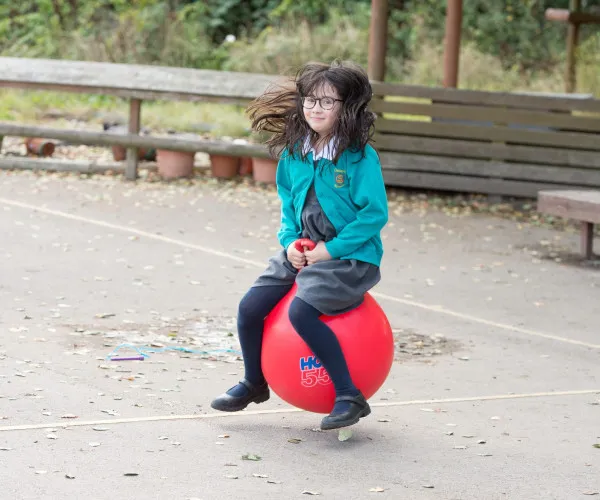
![shutterstock_1466824106-[Converted]](/images/uploads/img-38-2022.webp)
